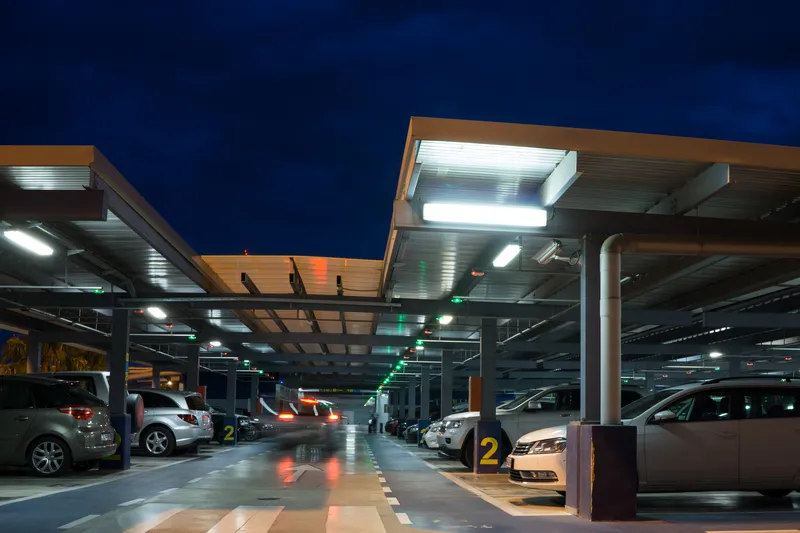
ABM has partnered with Rezcomm to enhance the ABM Vantage parking platform.
ABM Vantage consolidates parking data, maximises revenue and empowers parking operations to gain greater efficiencies and make proactive decisions based on data insights, all while delivering a seamless driver experience, the firm says.
Rezcomm’s technology will support further growth with increased ability to scale quickly, while remaining tech-agnostic and focused on the changing needs of both drivers and parking operators.
“Over the past two years, ABM Vantage raised the bar for what is possible for technology to improve the parking experience for both drivers and operators,” said Josh Feinberg, chief strategy and transformation officer and head of parking at ABM.
“Through this strategic partnership with Rezcomm, ABM Vantage further fills in the blanks for custom solutions across a wide range of industries and facilities, from airports and stadiums to commercial office and residential real estate.”
“Parking is often the first and last experience someone has with a property. With both team’s deep knowledge and expertise serving forward-thinking clients, we are excited about how we can further enhance and simplify parking for everyone,” said Marc Ive, chief executive of Rezcomm.
The integration of Rezcomm's advanced parking reservation systems and mobile applications with the ABM Vantage platform will provide parking operators with a comprehensive solution for seamless parking management. For drivers, the platform will further streamline the entire parking experience, from online and mobile reservations to real-time space availability updates.
The partnership will introduce powerful new data analytics capabilities to the ABM Vantage Smart Parking platform. Parking operators will have access to real-time data, predictive insights, and comprehensive reporting, enabling them to make data-driven decisions, optimise parking operations, and improve revenue generation.








